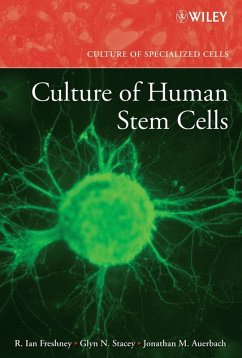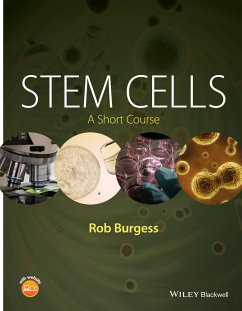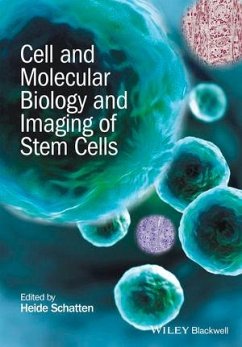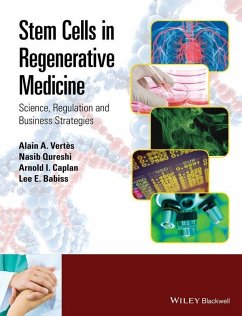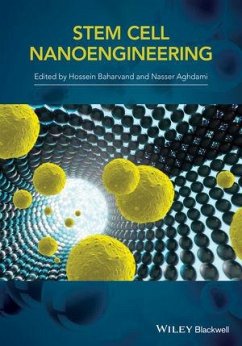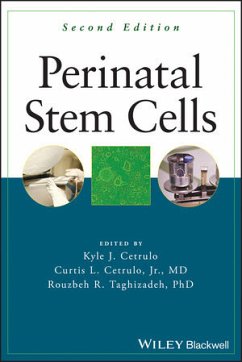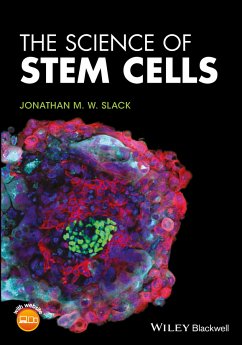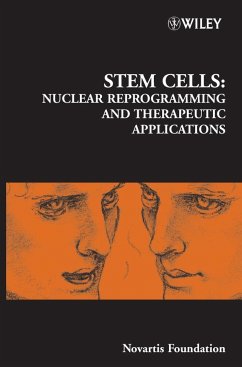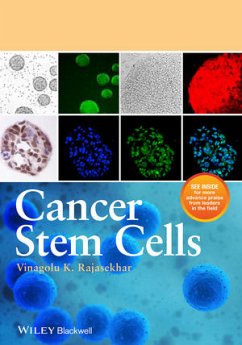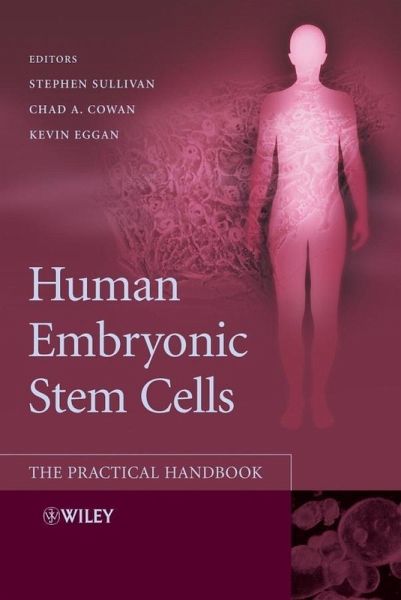
Human Embryonic Stem Cells (eBook, PDF)
The Practical Handbook
Redaktion: Sullivan, Stephen; Eggan, Kevin; Cowan, Chad A
Versandkostenfrei!
Sofort per Download lieferbar
183,99 €
inkl. MwSt.
Weitere Ausgaben:

PAYBACK Punkte
0 °P sammeln!
With this valuable practical guide, three members of the Harvard Stem Cell Institute have compiled and edited the definite handbook for the exciting new field of human embryonic stem cell research. The editors have gathered protocols from scientists with extensive reputation and expertise, describing and comparing currently used techniques for the culture of human stem cells and discussing the strengths and weaknesses of the different approaches. Human Embryonic Stem Cells: The Practical Handbook contains the first centralised collection of methods used in human embryonic stem cell biology. Th...
With this valuable practical guide, three members of the Harvard Stem Cell Institute have compiled and edited the definite handbook for the exciting new field of human embryonic stem cell research. The editors have gathered protocols from scientists with extensive reputation and expertise, describing and comparing currently used techniques for the culture of human stem cells and discussing the strengths and weaknesses of the different approaches. Human Embryonic Stem Cells: The Practical Handbook contains the first centralised collection of methods used in human embryonic stem cell biology. The book covers the derivation of human stem cell lines, the obtaining of cells from human stem cell banks, the culturing and characterisation of the cells, and the differentiation of the cells in vitro and in vivo. Lastly, almost all of these protocols can also be used for analyzing and manipulating induced pluripotency iPS stem cells. This allows an even greater number of opportunities for those interested in purusing work in pluripotent stem cells, disease modelling, and other aspects of basic regenerative medicine research. The novel and useful focus of this book sets it apart from other available books: * Compares and evaluates the protocols used in leading laboratories working on human embryonic stem cells * Centred solely on practical protocols for human (not mouse) embryonic stem cell research * Includes extensive troubleshooting sections * Addresses the different proclivities and behaviours of individual human embryonic cell lines * Contains techniques currently known only to a small number of specialised laboratories worldwide This handbook represents an essential source of up-to-date practical information for all cell and developmental biologists working with human embryonic stem cells or wishing to enter the field. It is also essential reading for clinical researchers in areas such as diabetes, cardiovascular disease, and neurological diseases. Praise from the reviews: "...a highly readable and useful book... A notable feature of the book is its air of openness and honesty... This book... will help many to navigate the uncharted waters of human embryonic stem cell biology." BRITISH SOCIETY FOR CELL BIOLOGY "... the imaginative solutions in this book can inspire us to get past our most frustrating limitations." CELL STEM CELL "... the richness in the details of each protocol presented will certainly encourage more scientists to begin studies of Human pluripotent stem cells..." REGENERATIVE MEDICINE "In this fast-moving field, this [handbook] will help drive advances of more and more researchers." DIFFERENTIATION "...a valuable resource for seasoned and novice researchers... an excellent addition to the reference collection of any medical library or research laboratory." THE AMERICAN MEDICAL ASSOCIATION
Dieser Download kann aus rechtlichen Gründen nur mit Rechnungsadresse in D ausgeliefert werden.



